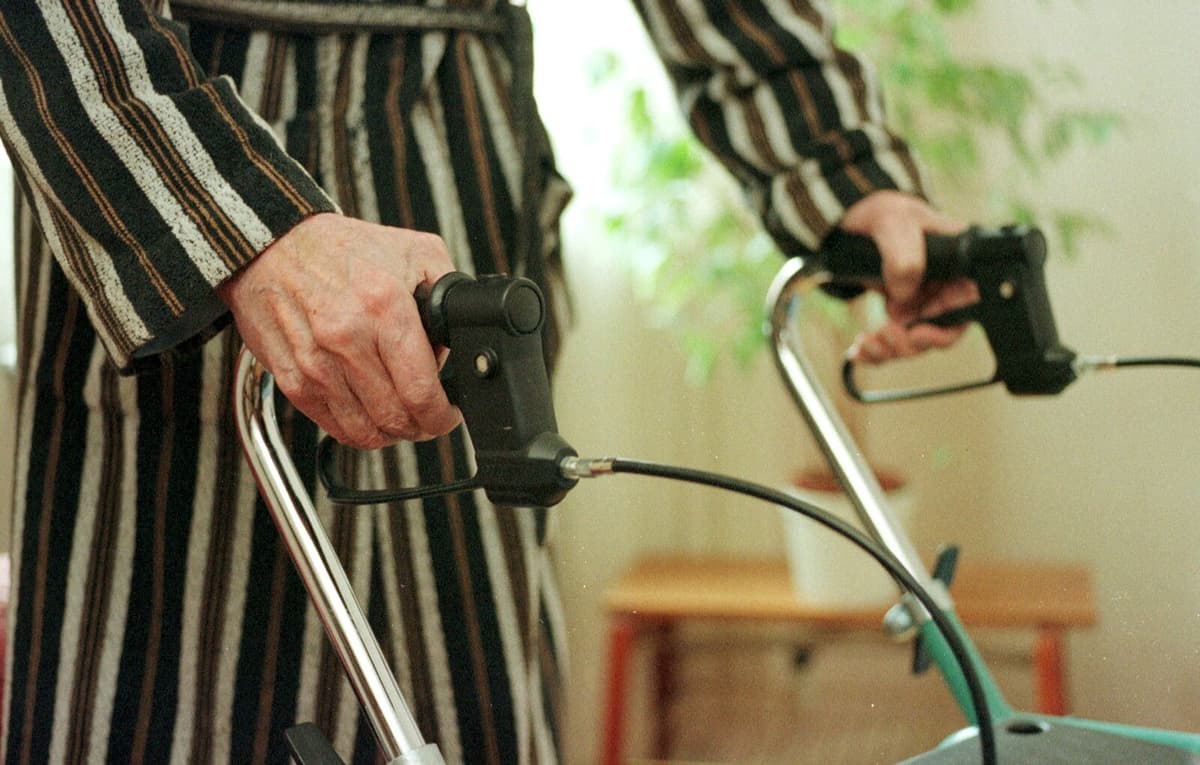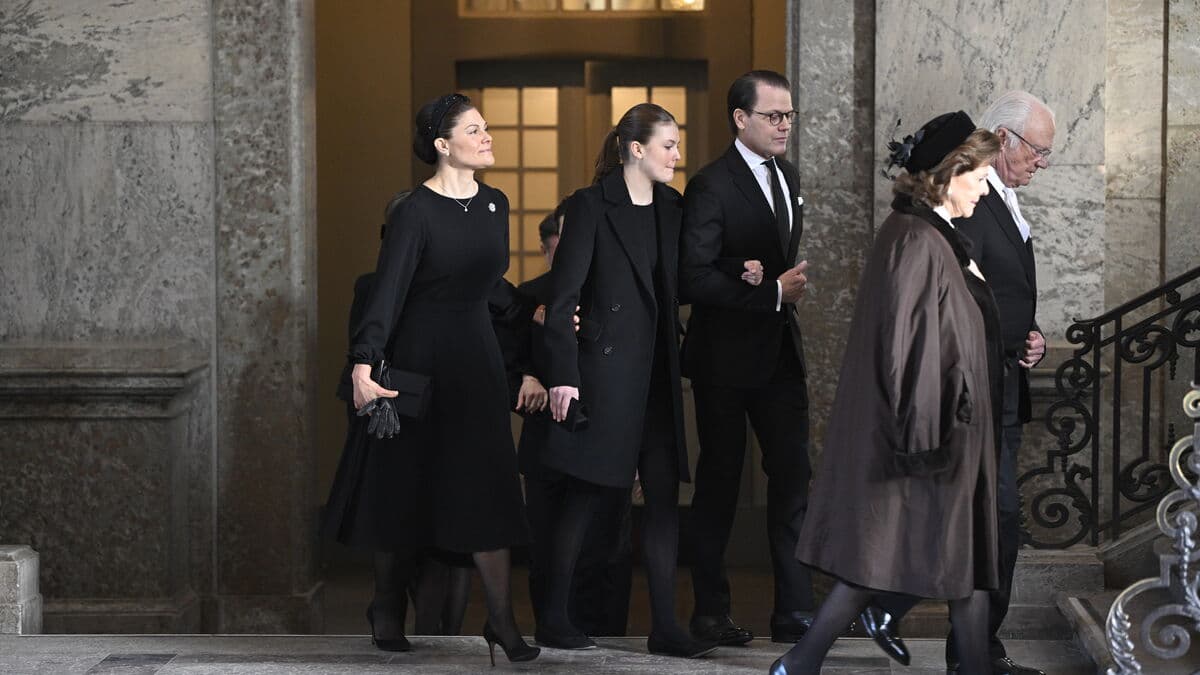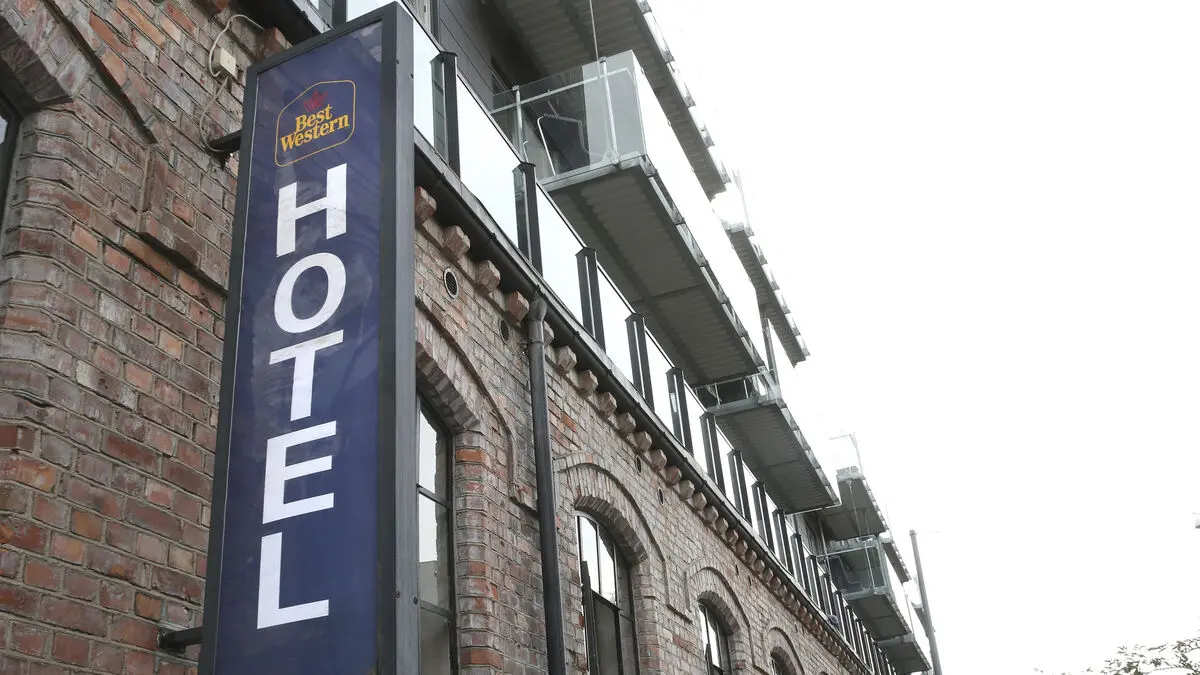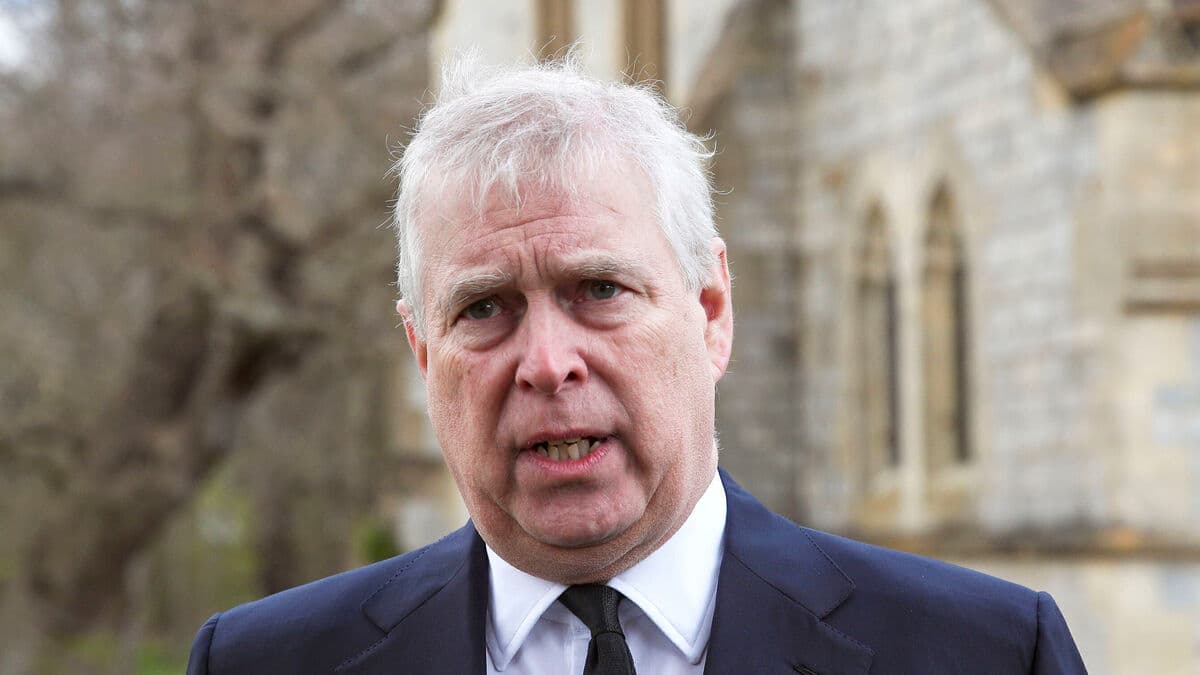It is the National Board of Health and Welfare that in a new report points out the problem. The age group of pensioners (65 years and older) has, in contrast to younger age groups, over time increased their alcohol consumption. Elderly home care recipients with confirmed alcohol problems have almost doubled over the past decade, from 3,555 people in 2014 to 6,168 people in 2023. The numbers are likely an understatement, as they only include those identified by healthcare.
Socialstyrelsens survey responses from a hundred elderly care managers show that home care staff may be met with aggression or requests to buy or serve beer, wine, or spirits. But far from all know how to handle such situations. Only half of the care managers report that they have invested in training on addiction, or created special work teams for users with alcohol problems. A majority of the managers also testify that cooperation with the region's addiction treatment and psychiatry is functioning poorly.
Which in turn means that elderly people with alcohol problems risk falling between the cracks.
”Municipalities and regions need to develop cooperation together and ensure that elderly people also have access to the interventions they need,” writes the National Board of Health and Welfare.






